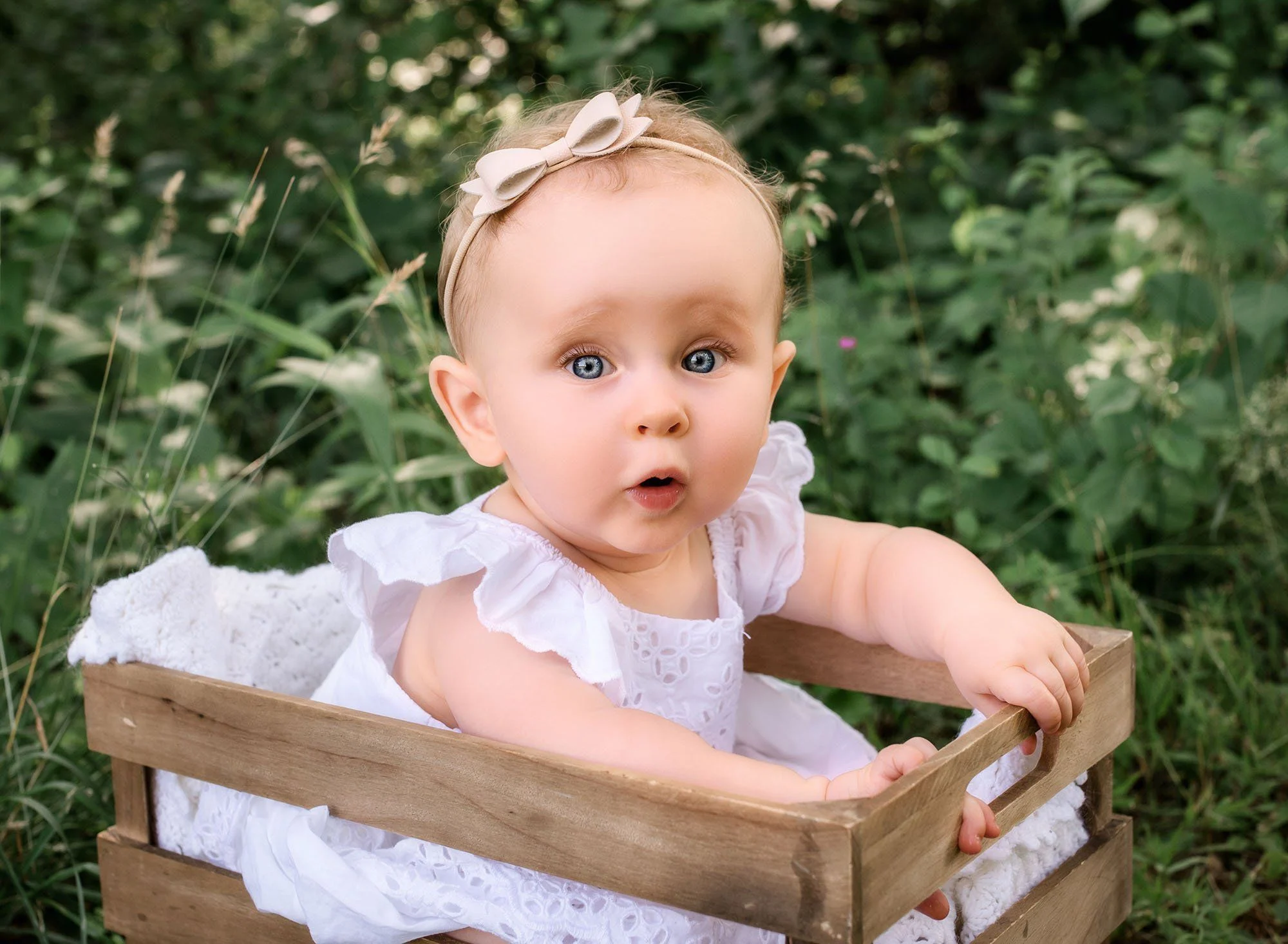After welcoming my first child, I embarked on a mission to connect with fellow moms. Since most of my friends were still child-free, our lifestyles were quite different. I cherished my non-parent friends just as much as ever, but I soon discovered the value of friendships with those who understood the nuances of parenthood.
Parenting can sometimes feel isolating, even when you’re surrounded by others. We crave companionship and seek out those who understand the struggles of sleepless nights and the complicated emotions of loving your child fiercely while occasionally feeling overwhelmed by their presence. It’s a unique challenge to navigate the love and frustration that comes with parenting.
While it’s crucial for parents to bond with each other over the chaos of raising kids, we also benefit from maintaining our friendships with those who don’t have children.
These days, most of my friends are parents, spanning from seasoned veterans to new moms and dads. We share a common language and experience. However, I also have a few friends who remain child-free, whether by choice or circumstance, and their presence in my life is invaluable.
Let’s be honest: parents don’t always treat their non-parent friends with the kindness they deserve. We might dismiss their tiredness as “cute” or criticize their lack of understanding of parenting challenges. We often boast about the trials of parenthood, forgetting that every life has its own unique difficulties. The truth is, what’s hard for one person doesn’t diminish the struggles of another, and parenthood doesn’t automatically make you a hero. Life isn’t a competition of who has it tougher.
Just as we need fellow parents to share in the trials of toddler tantrums and sleep deprivation, we also need our childless friends to remind us of who we were before we became “Mom” or “Dad.” We crave conversations that don’t revolve around parenting—topics like politics, fashion, or even the latest Netflix series. It’s refreshing to talk about anything other than school drop-offs, diaper changes, or extracurricular activities.
A few months ago, an old friend named Alex visited me. We’ve known each other for over 16 years, and we spent the afternoon cooking, chatting, and reminiscing about our younger days. We shared stories about work, family, and even his dating adventures, all while enjoying comfortable silences that didn’t need to be filled with parenting talk. At the end of the day, I felt more relaxed and connected than I had in ages, reminded that true friendships can flourish despite our differences.
As I grow older, I find myself with less patience for superficial relationships. I want to surround myself with genuine friends. Solid friendships are built on respect, understanding, and support. While having common interests is a bonus, differences don’t need to create distance if the foundation of the friendship is strong.
So to my non-parent friends, please know that you are appreciated and needed. Thank you for understanding when we have to cancel plans or arrive late. I’m grateful for your willingness to listen to my parenting tales, and I promise to return the favor when you share your own experiences, whether they involve your furry friends or anything else.
Thank you for being a remarkable friend. In the end, that’s what truly matters.
For more insights on home insemination, you can check out this article on intracevical insemination. Also, if you’re looking for reliable information on artificial insemination, visit Cryobaby for quality products. For a broader overview, consider reading about in vitro fertilisation as it covers many aspects related to conception.
Summary: The article emphasizes the importance of maintaining friendships with both parents and non-parents. It highlights the unique challenges of parenting while also acknowledging the value of connections that exist outside of the parenting realm. Friendships should be based on genuine respect and understanding, regardless of differing lifestyles.
